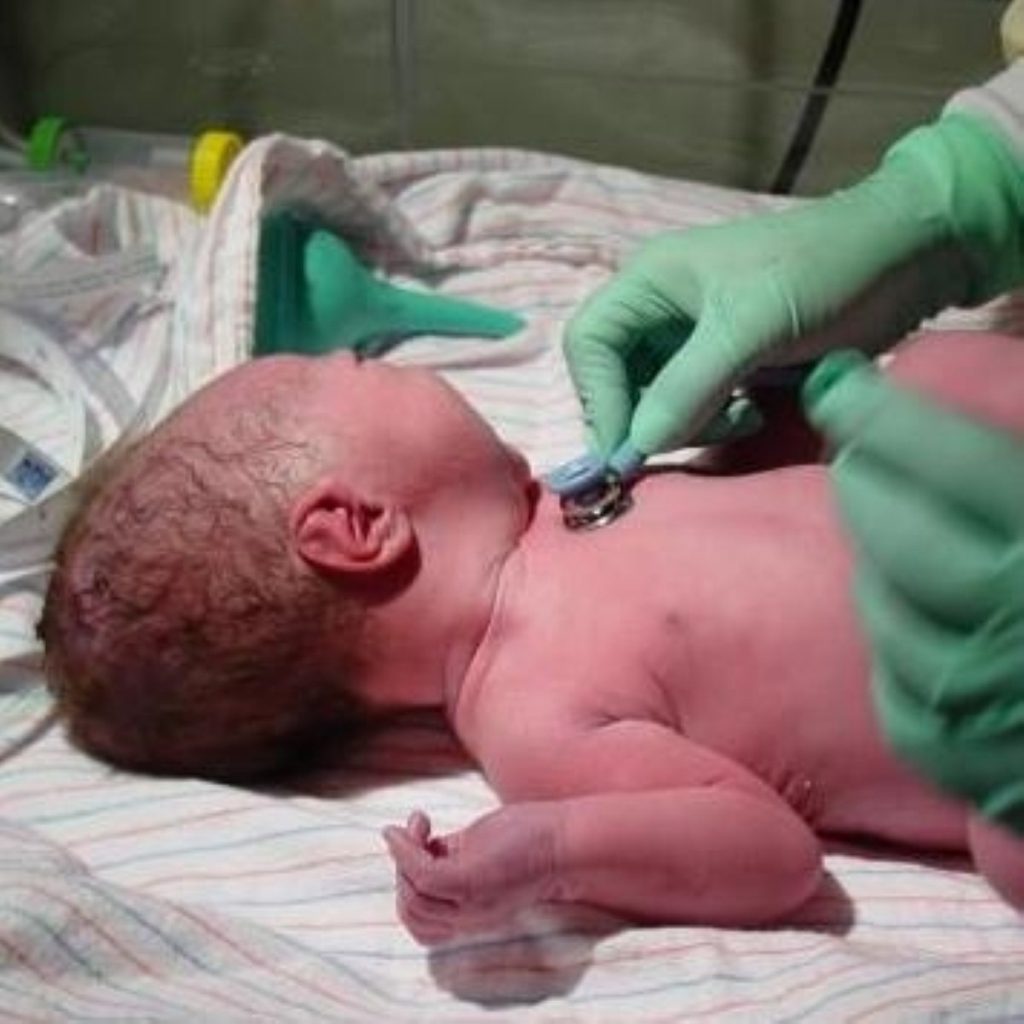Calls for maternity ‘promises’ to be kept
The government has been urged to do more to ensure that women are given more choice in where they give birth.
A survey of 26,000 women who gave birth in January and February conducted by the Healthcare Commission revealed that half were not given the choice of a home-birth.
Government guidelines stipulate that women are given the choice about where they give birth but according to the survey 43 per cent said labour in a hospital ward was the only option available to them and over a quarter had their babies while lying down with their legs in stirrups.
Although the survey resulted in many areas of care being praised, problems in postnatal care, food, communication and cleanliness were highlighted.


A quarter of women revealed they would have preferred to have been visited by a midwife more regularly after giving birth and more than a third (36 per cent) said that NHS antenatal classes were not offered as per the government’s National Framework for Children, Young People and Maternity Services.
Anna Walker, the Healthcare Commission’s chief executive, said in general British females “are clearly positive about maternity services” but that the results “do highlight specific areas of concern and wide variations with issues”.
The Conservatives said the survey showed that the Labour government was reneging on its promise to give new mothers a greater degree of choice in childbirth.
“Labour have been making promises to women for years that they will have choice over where they give birth and access to good antenatal care but it’s very clear that there are still significant gaps in the service,” said shadow health minister Anne Milton.
“We need a maternity service that gives control of pregnancy back to mothers, and puts midwives at the heart of care for women and their babies.”
Louise Silverton, the deputy general secretary of the Royal College of Midwives, added that, although she was “delighted to see that so many are pleased with their care”, the survey highlighted gaps that need to be addressed.
“The survey shows that the service really needs to improve in a number of significant areas,” she said.
“These include enabling women to attend their first appointment with a midwife before the 12th week of pregnancy, increasing the availability of antenatal classes and ensuring women have a real choice about where they give birth. It is also a serious concern that too many women are left alone during labour, leaving them feeling worried and vulnerable.”
Responding to the concerns on behalf of the Department of Health, Dr Gwyneth Lewis, national clinical lead for maternal health, said the survey provides NHS maternity services with a “clear indication of satisfaction levels and will help them focus on where they need to improve”.
“It is encouraging that the vast majority of respondents – 89 per cent – reported their care during labour and birth as being ‘excellent’, ‘very good’ or ‘good’,” she said.
“We want to see these positive experiences replicated throughout the entire process – during pregnancy, labour, birth and postnatally. That is why we are working with the NHS to implement Maternity Matters, our strategy for providing safe, high quality maternity care for every woman.”

